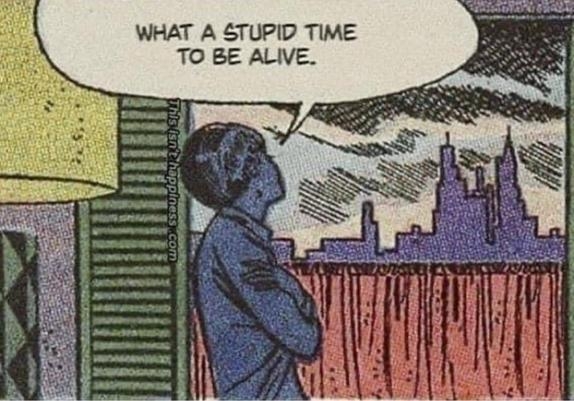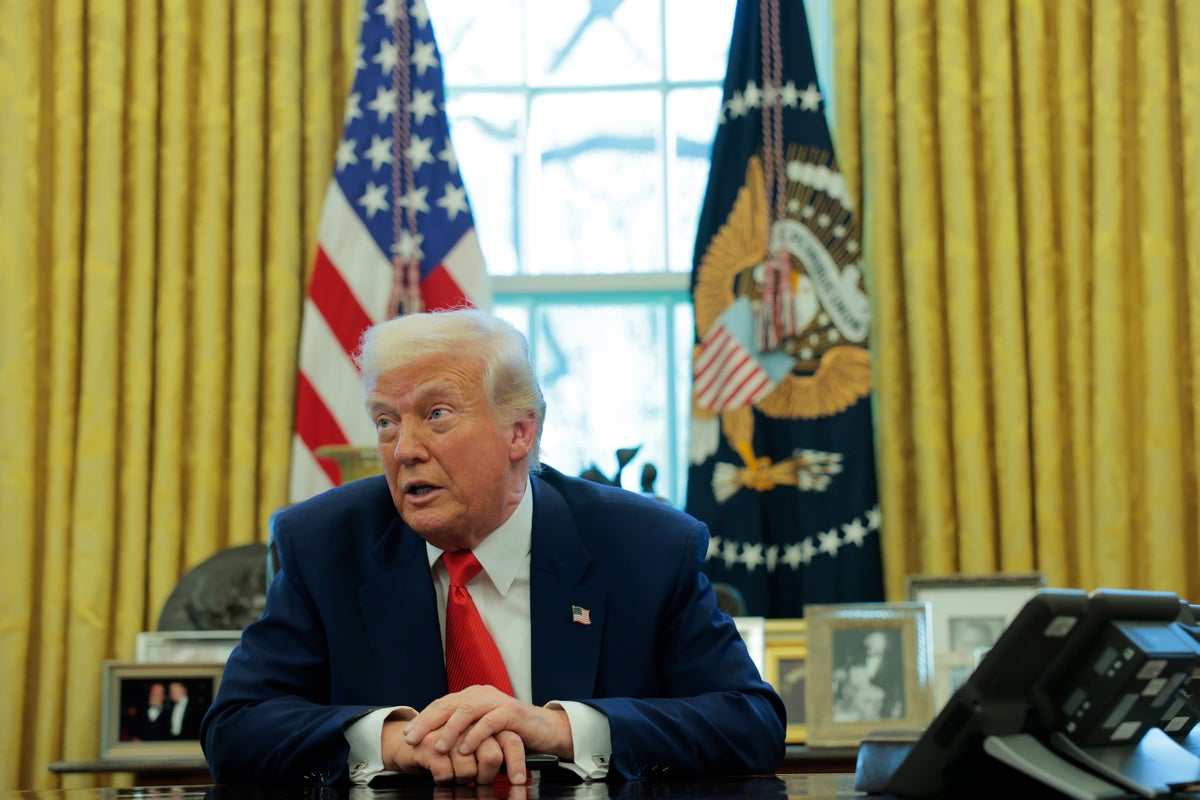Trump’s tariff reversal came after he watched an interview on Fox Business with JP Morgan Chase CEO Jamie Dimon, during which the bank boss said that a recession was a “likely outcome” of the new trade policies, according to the Washington Post.
Trump was asked by a reporter on Wednesday when he decided to put a pause on the tariffs.
“I would say this morning. Over the last few days, I’ve been thinking about it. Fairly early this morning,” he said.



We’ve all been conditioned to not accuse our political opponents of being stupid.
For one, it can cause you to underestimate your opponents — you don’t want to be caught unawares of some secret plan.
Second, there’s an aspect of pettiness to just labeling your opponents dumb. Most often people attribute “stupid” to “I don’t understand this”. For example, the idea of it being stupid for poor people in Kentucky or whatever to vote against their interests and aid billionaires and oppose their own healthcare — when it’s not stupid, it’s a misunderstanding of how important identity politics are to these groups.
Third, there’s a pushback to the “Jon Stewart effect”, where we sit back and laugh about how our opponents are dumb and we smugly know we are smarter. This is an excuse to do nothing, and it’s an ugly impulse and we must fight it.
But all this conditioning — and more — has led us to a point where we can’t actually recognize stupid when it’s staring us in the face.
Your first point still applies anyway, though.